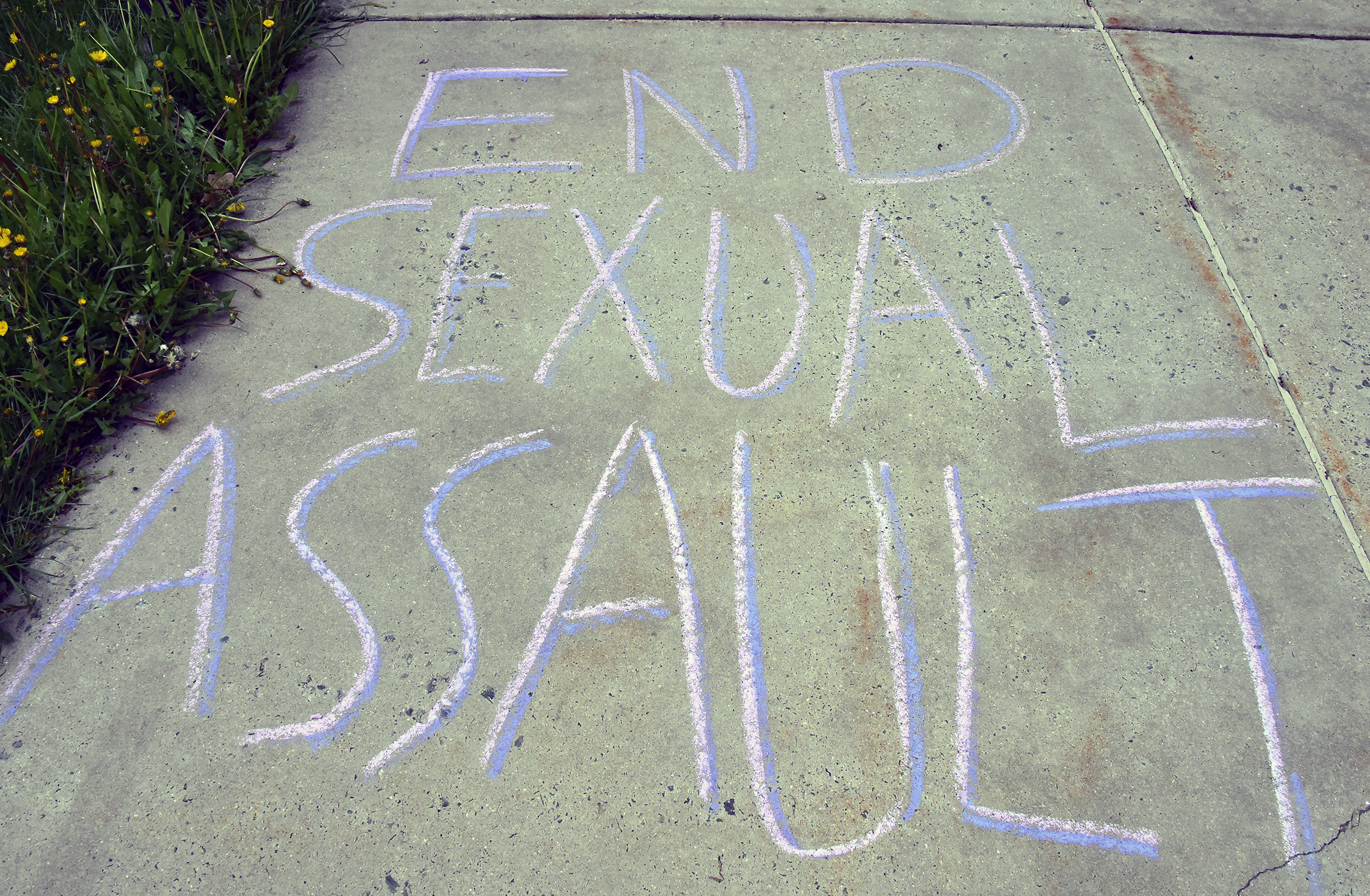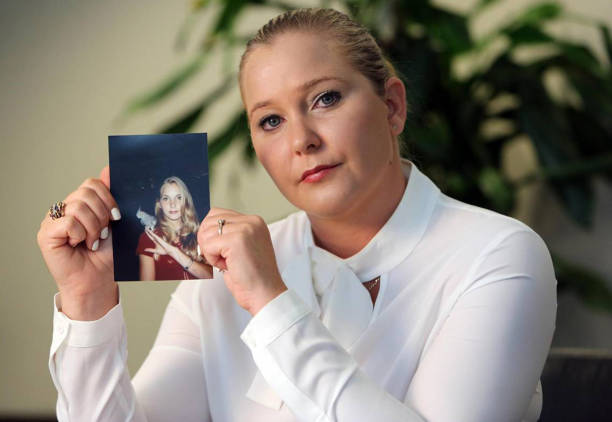Military academies fail to address climbing sexual assault rates
A new report has shed light on the alarming rates of sexual assault experienced by female students in military academies. The Department of Defense received 155 formal reports of sexual assault at three military academies during the 2021-22 school year, with officials suspecting that hundreds more went unreported.

A new report has shed light on the alarming rates of sexual assault experienced by female students in military academies. The Department of Defense received 155 formal reports of sexual assault at three military academies during the 2021-22 school year, with officials suspecting that hundreds more went unreported.
The survey was completed by approximately 27,000 cadets and midshipmen at the US Military Academy, US Naval Academy, and US Air Force Academy.
According to the data released by the Pentagon, majority of the reported incidents occurred at the United States Military Academy at West Point, which had 108 formal reports of sexual assault during the 2021-22 school year. The United States Naval Academy in Annapolis, Maryland, had 37 reports of sexual assault, while the United States Air Force Academy in Colorado Springs, Colorado, had 10 reports.
Pentagon leaders believe the anonymous survey provides a more accurate depiction of the assaults and the contributing factors than reports on the number of sexual assaults reported by military academy students and by U.S. service members. https://t.co/F6jUBs5qql
— NBC4 Washington (@nbcwashington) March 10, 2023
According to the survey, 4.4 percent of male students and 21.4 percent of female students experienced sexual harassment in 2021. Officials suspect that the actual number of incidents is much higher, as sexual assault is widely known to be underreported, particularly in military settings.
The survey also revealed a troubling lack of faith in the leadership of these institutions. Only 59% of women and 76% of men expressed confidence (down from 72% and 83% respectively in the 2017–18 academic year) when asked if they trusted the military system to preserve their privacy and treat them with “dignity and respect” following an alleged event.
As retired Navy Captain Lory Manning, director of government relations for the advocacy group Service Women’s Action Network, told NPR, “We need to get people to understand that this is not just a women’s issue or a gender issue, it’s a leadership issue. It’s about the failure of leadership to create a culture where everyone is valued, respected, and feels safe.”
The data also showed that lesbian, gay, and bisexual students were significantly more likely to experience unwanted sexual contact compared to their heterosexual peers. The number of men who self-identified as having experienced unwanted sexual contact also rose from over 2 percent in 2018 to 4.4 percent in 2022.
Alcohol was involved in 60 percent of cases of unwanted sexual contact, but experts suggest that it is not necessarily the root of the problem. The lack of accountability for academy leaders to produce tangible progress and support victims may be a major driver in the growing assault rate, according to Josh Connolly, the vice-chair of Protect Our Defenders, a group focused on ending sexual violence in the military.
The findings highlight the urgent need for military leaders to take swift and decisive action to address these issues, and to rebuild trust among the cadets and midshipmen who rely on them for guidance and support.
In a statement, Defense Secretary Lloyd Austin acknowledged the seriousness of the problem, and pledged to take further action to address sexual assault and harassment at military academies.
“We cannot allow sexual assault and harassment to undermine the trust and confidence that our service members have in their institutions and leaders,” he said.
In response to the survey results, officials have pledged to take action to address the issue. In a statement, Acting Secretary of Defense Christopher C. Miller said, “We must do better to ensure that all service members, including those attending our military academies, are safe from sexual assault and sexual harassment.”
Miller also emphasized the importance of holding perpetrators accountable and supporting survivors. “We will continue to work tirelessly to create a culture of respect and trust in our military academies and throughout the Department of Defense,” he said.







Conversation